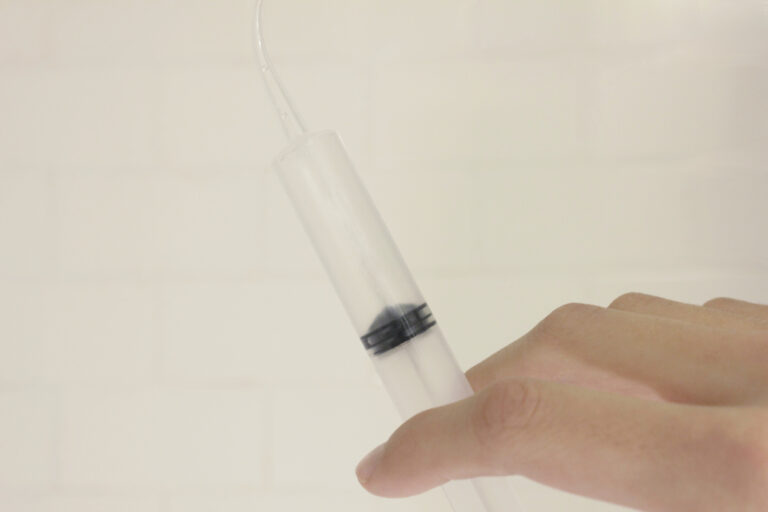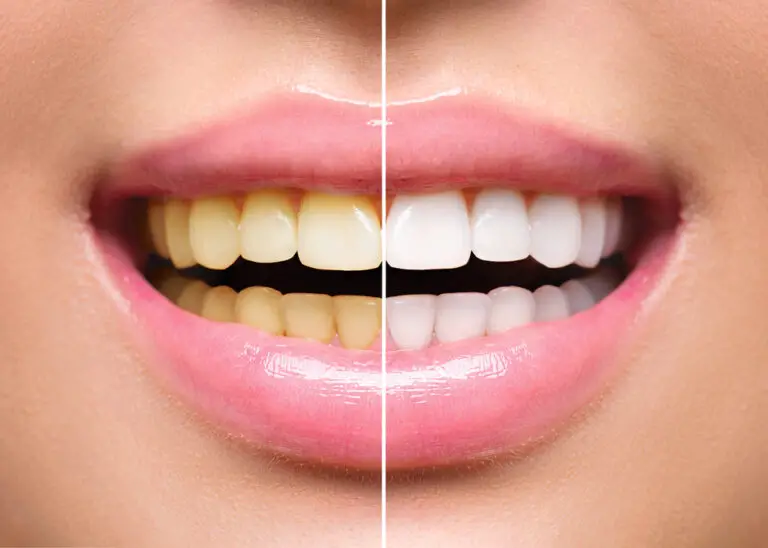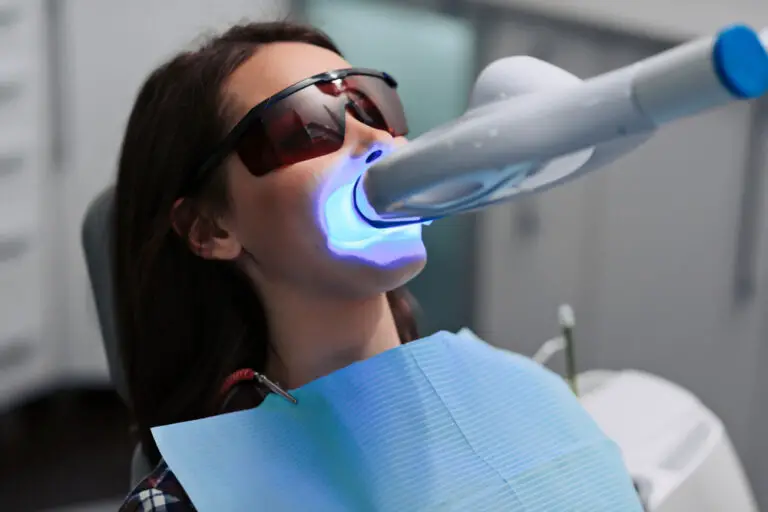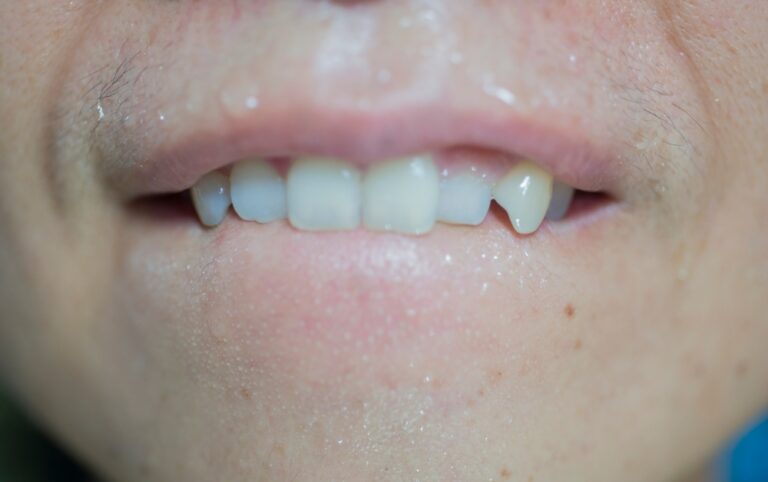If you experience pain when brushing the back of your teeth, you are not alone. Many people suffer from tooth sensitivity, which can make brushing, flossing, and even eating certain foods uncomfortable. Tooth sensitivity is a common problem that can be caused by a variety of factors, including poor oral hygiene, gum disease, tooth decay, and more.
Understanding the causes of tooth sensitivity and proper brushing techniques can help alleviate pain and prevent further damage. Additionally, a healthy diet and regular dental checkups can also play a role in reducing tooth sensitivity. In this article, we will explore the various causes of tooth pain when brushing and provide tips for prevention and treatment.
Key Takeaways
- Tooth sensitivity is a common problem that can cause pain when brushing the back of your teeth.
- Proper brushing techniques and regular dental checkups can help alleviate pain and prevent further damage.
- A healthy diet and good oral hygiene practices can also play a role in reducing tooth sensitivity.
Understanding Tooth Sensitivity
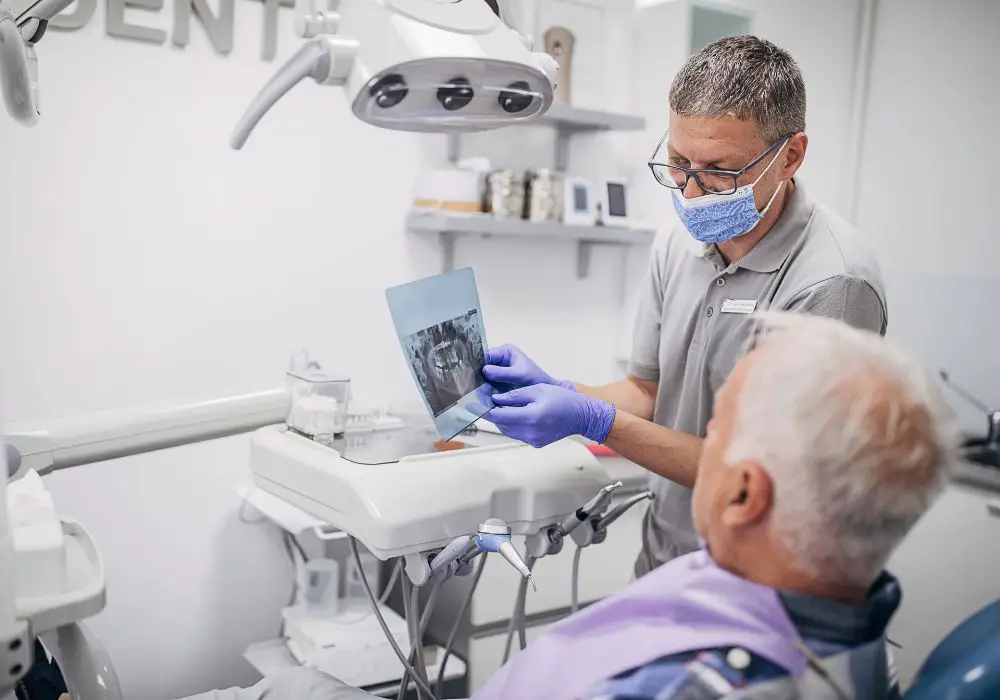
Tooth sensitivity is a common dental problem that affects many people. It is characterized by a sharp, sudden pain or discomfort in the teeth when exposed to certain stimuli, such as hot or cold temperatures, sweet or sour foods, or even when brushing or flossing. Understanding the causes and identifying tooth sensitivity can help you take steps to manage and prevent it.
Causes of Tooth Sensitivity
There are several factors that can cause tooth sensitivity, including:
- Gum recession: When the gum tissue pulls away from the teeth, it exposes the sensitive roots, making them more vulnerable to irritants.
- Enamel erosion: The outer layer of the teeth, called enamel, can wear away over time due to factors such as acidic foods, drinks, or poor oral hygiene.
- Tooth decay: Cavities can cause sensitivity when they reach the inner layer of the teeth, called dentin.
- Teeth grinding: Grinding or clenching your teeth can wear down the enamel and expose the sensitive dentin.
- Dental procedures: Some dental procedures such as teeth whitening, fillings, or crowns can cause temporary sensitivity.
Identifying Tooth Sensitivity
Tooth sensitivity can be identified through the following signs and symptoms:
- Sharp, sudden pain or discomfort in the teeth when exposed to hot or cold temperatures, sweet or sour foods, or when brushing or flossing.
- Pain or discomfort that is localized to one or more teeth.
- Pain or discomfort that lasts for a few seconds or minutes.
If you experience any of these symptoms, it is important to consult your dentist to determine the cause of your tooth sensitivity and develop an appropriate treatment plan.
Proper Brushing Techniques
Choosing the Right Toothbrush
When it comes to choosing a toothbrush, there are a few things to consider. First, make sure the toothbrush has soft bristles. Hard bristles can damage your teeth and gums. Second, choose a toothbrush with a small head. This will make it easier to reach all areas of your mouth, including the back teeth. Finally, consider the handle of the toothbrush. Make sure it is comfortable to hold and easy to maneuver.
Right Way to Brush
Brushing your teeth properly is just as important as choosing the right toothbrush. Here are the steps to follow:
- Start by wetting your toothbrush and adding toothpaste.
- Hold your toothbrush at a 45-degree angle to your gums.
- Use gentle circular motions to brush the front, back, and top of each tooth.
- Be sure to brush your tongue and the roof of your mouth to remove bacteria and freshen your breath.
- Spit out the toothpaste and rinse your mouth with water.
It’s important to brush your teeth for at least two minutes, twice a day. Don’t rush through the process or use too much pressure. Gentle, circular motions are the most effective way to clean your teeth without damaging your gums.
Impact of Diet on Tooth Sensitivity

Harmful Foods and Drinks
Certain foods and drinks can contribute to tooth sensitivity. Sugary and acidic foods and drinks can erode tooth enamel, exposing the underlying dentin and causing sensitivity. Some common culprits include:
- Soda
- Fruit juice
- Citrus fruits
- Candy
- Sugary snacks
Consuming these foods and drinks in moderation and rinsing your mouth with water after consuming them can help reduce their harmful effects on your teeth.
Beneficial Foods and Drinks
Eating a balanced diet with plenty of vitamins and minerals can help keep your teeth healthy and reduce sensitivity. Some foods and drinks that are beneficial for your teeth include:
- Dairy products, such as milk and cheese, which contain calcium and phosphorus that help strengthen teeth
- Leafy greens, such as spinach and kale, which are high in calcium and folic acid
- Water, which helps rinse away food particles and bacteria from your teeth and gums
- Sugar-free gum, which can help stimulate saliva production and neutralize acids in your mouth
Incorporating these foods and drinks into your diet can help promote good oral health and reduce tooth sensitivity.
Medical Conditions Causing Tooth Pain
If you experience pain while brushing your back teeth, it could be a sign of an underlying medical condition. Here are some of the most common conditions that cause tooth pain:
Gum Disease
Gum disease, also known as periodontal disease, is a bacterial infection that affects the tissues and bones that support your teeth. It can cause inflammation, bleeding, and tenderness in your gums, as well as tooth pain. If left untreated, gum disease can lead to tooth loss.
Tooth Decay
Tooth decay, or cavities, is a common dental problem that occurs when bacteria in your mouth produce acid that erodes your tooth enamel. This can cause sensitivity and pain, especially when eating or drinking hot, cold, or sweet foods and drinks. If left untreated, tooth decay can lead to more serious dental problems, such as infections and abscesses.
Cracked Teeth
Cracked teeth can cause pain when brushing, as well as when biting or chewing. A cracked tooth can be caused by a variety of factors, including trauma, grinding, and age. If left untreated, a cracked tooth can lead to infection, nerve damage, and tooth loss.
If you are experiencing tooth pain, it is important to see your dentist as soon as possible. Your dentist can diagnose the underlying cause of your pain and recommend the appropriate treatment. In the meantime, you can try using over-the-counter pain relievers and avoiding foods and drinks that trigger your pain.
Prevention and Treatment
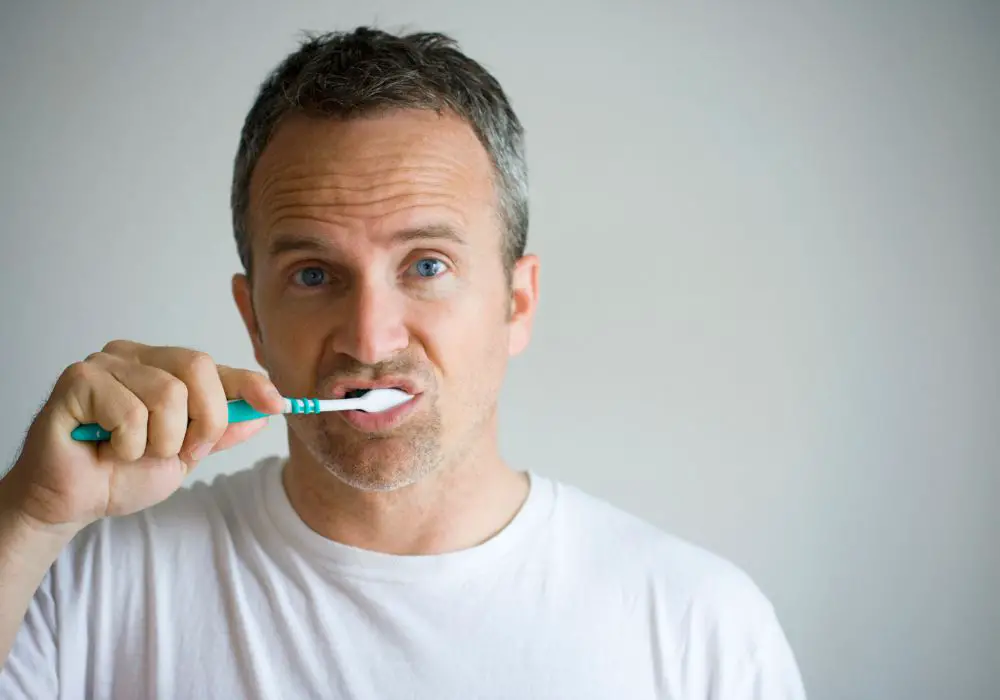
Home Remedies
There are several home remedies that can help prevent tooth pain while brushing, such as:
- Using a soft-bristled toothbrush to avoid damaging the gum tissue.
- Brushing gently and in circular motions to avoid putting too much pressure on the teeth.
- Using toothpaste that contains fluoride to strengthen teeth and prevent cavities.
- Rinsing the mouth with warm salt water to reduce inflammation and kill bacteria.
Professional Dental Care
If the pain persists, it is important to seek professional dental care. A dentist can evaluate the cause of the pain and provide appropriate treatment. Some treatments may include:
- Applying a desensitizing agent to the affected teeth to reduce sensitivity.
- Conducting a deep cleaning to remove plaque and tartar buildup.
- Treating cavities or gum disease that may be causing the pain.
- Recommending a mouthguard to protect teeth from grinding or clenching.
Regular dental check-ups and cleanings can also help prevent tooth pain and other dental issues. It is recommended to see a dentist at least twice a year for optimal oral health.
Frequently Asked Questions
Why do my gums hurt when I touch them?
Your gums may hurt when you touch them due to several reasons, including gingivitis, periodontitis, or gum recession. Gingivitis is the inflammation of your gums, while periodontitis is a more severe form of gum disease that can lead to tooth loss. Gum recession occurs when your gums pull away from your teeth, exposing the roots. These conditions can cause sensitivity and pain when you touch your gums.
Why do my gums bleed when I brush my teeth?
Bleeding gums can be a sign of gum disease, which is caused by plaque buildup on your teeth. Plaque contains bacteria that can irritate your gums, leading to inflammation and bleeding. If left untreated, gum disease can progress to periodontitis, which can cause tooth loss.
Why do my gums hurt all of a sudden?
Gum pain that comes on suddenly can be due to several reasons, including injury, infection, or gum disease. If you have recently injured your gums, such as by biting down on something hard, you may experience sudden gum pain. Gum infections can also cause sudden pain, and if left untreated, can lead to more severe gum disease.
What to do if it hurts to brush your teeth?
If it hurts to brush your teeth, it may be due to gum disease, tooth decay, or tooth sensitivity. You should visit your dentist to determine the cause of your pain and receive appropriate treatment. In the meantime, you can try using a toothbrush with softer bristles, brushing more gently, or using a toothpaste designed for sensitive teeth.
Why does my gum hurt in one spot when I brush it?
Localized gum pain can be a sign of an abscess, which is a pocket of pus that forms in your gums or teeth. Abscesses can be caused by gum disease, tooth decay, or trauma to your teeth. You should visit your dentist to determine the cause of your pain and receive appropriate treatment.
Will brushing my teeth make my toothache worse?
Brushing your teeth can help remove plaque and bacteria that can cause toothaches. However, if you have a severe toothache, brushing your teeth may exacerbate the pain. You should visit your dentist to determine the cause of your toothache and receive appropriate treatment.

